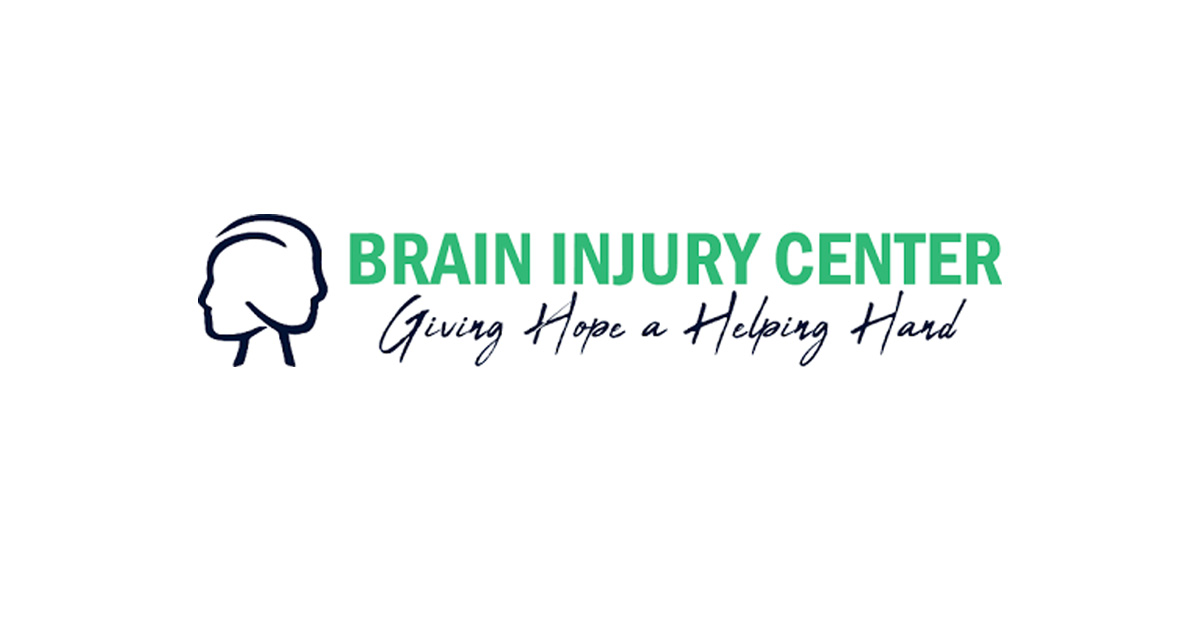Services offered by the Brain Injury Center include services to enhance the lives of those who have had brain injuries, along with helping to improve their memory and their daily living socially, educationally, and vocationally. According to Executive Director, Chrissy Stamegna, CBIS, AREF, “It is our hope that people might be able to regain part of their memories after having had a brain injury. We realize that so many different parts of the brain are involved in retaining memories.”
The Brain Injury Center (BIC), which became a 501(c)3 in 1998, offers various services to those who have had brain injuries, in order for these individuals to be able to improve their memory and to improve their lives after being injured. It also offers resources for family caregivers. It is supported by donations and grants, including a State of California Grant from the California Department of Rehabilitation. Other grants that support the BIC are from local foundations. For Banner House, specifically, funding is partly paid through workers compensation, long term care insurance and/or accident settlements.
“Our Care Transitions and Trabajador(a) de Salud Coaches go into hospitals to meet with individuals and/or families to help the individual who has had a brain injury transition back to home,” according to Stamegna. “This also includes supporting the individual in order to get them back to various activities, such as work, and driving. We focus on occupational therapy in order to help the person with issues related to memory. We may refer them to other providers, which would include physical therapists and speech therapists.”
Banner House, which was started by Peggy Harris, is a 24-hour 6-bed, Adult Residential Facility, in Ventura. In 2019, Harris generously donated the program to the Brain Injury Center, which renamed it, BIC Home at Banner Avenue. This client-centered home helps individuals both physically and cognitively, including with improving memory. Stamegna said, “Games to improve memory include: crossword puzzles, jigsaw puzzles, and Sudoku, since they all challenge individuals cognitively. The home focuses on the individual needs of the residents.”
Other services provided by the Brain Injury Center include: 1) Individual Support & Care Coordination; 2) Bi-Monthly Virtual and In-Person Support Groups; 3) Virtual Reality; 4) Social Opportunities; 5) Training and Skill Development; and 6) the Brain Injury Resource Library.
“The use of virtual reality,” according to Stamegna, “is another way of improving individuals’ memory with various scenarios, such as, ‘being on a hiking trail with the goal of passing three items to the hikers.’ We’ve been able to have the virtual reality sessions at the Banner House and at our office in Camarillo, under the supervision of Kristen Linton, Ph.D., who is a professor at CSU Channel Islands, in the health sciences department, and is also the president of our board of directors.”
Through its services, the Brain Injury Center fulfills its mission, which is to improve the quality of life for those impacted by brain injury living in Ventura County. On-going training and skill-building opportunities are provided for both brain injury survivors and family caregivers. Small group seminars are offered throughout the year on topics such as Auditory Complications after Brain Injury, Navigating the Healthcare System, Problem Solving, and others. To find out more about the various programs offered call 805-482- 1312, or visit www.BrainInjuryCenter.org.
